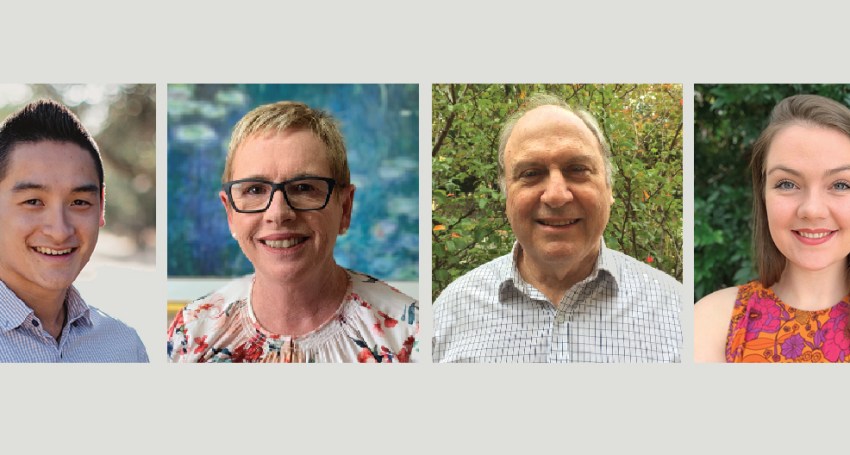Plenary delegates named, assembly postponed
Local
As the South Australians lay delegates for the Plenary Council are revealed, the 'difficult but necessary' decision is made to postpone the first assembly scheduled to be held in Adelaide in October.

Plenary Council president Archbishop Timothy Costelloe SDB today announced that in response to the dramatic changes caused by the COVID-19 pandemic, the bishops of Australia have made the “difficult, but necessary” decision to postpone the first assembly of the Plenary Council.
Archbishop Costelloe said changes in the ways people live, work and communicate due to the pandemic led the Bishops Commission for the Plenary Council to consult with the advisory and planning teams, as well as the wider Australian Catholic Bishops Conference, with the decision made to postpone the assembly scheduled for October this year.
Advertisement
“Even though it is possible Australia may have moved through the worst of this health crisis by October, our capacity to adequately continue the process of discernment and formation – for everyone in the Church and in particular for the delegates – is severely compromised,” he said.
Archbishop Costelloe said the Church’s focus at the moment, and for the foreseeable future, is ensuring people continue to be cared for pastorally, spiritually and emotionally during the COVID-19 pandemic.
The bishops will consider proposals for an alternative timeline for the Council’s two assemblies at their biannual meeting in May.
“The bishops remain committed to the Plenary Council journey and affirm that two assemblies will take place. This allows for the maturation of the discussions and discernment of the first assembly to develop with clarity and lead into the second gathering,” Archbishop Costelloe said.
“The timing, the order and the location of the two assemblies will need to be re-examined, but it is hoped that having one assembly in Adelaide and the other in Sydney might still be possible.”
The news of the postponement follows the announcement last month of the members of the delegation from the Adelaide Archdiocese. They include Archbishop-elect Patrick O’Regan, Administrator Delegate Fr Philip Marshall and lay representatives Maddy Forde, Monica Conway, Ian Cameron and Julian Nguyen, who represent the diversity of the Catholic Church.
Ms Forde, 23, who works at Sacred Heart College in youth ministry, is hoping to be able to reflect the thoughts of young people at the Plenary.
“My belief is that the way forward for the Church involves listening to those most affected, our young people, but we also need to extend our thinking and listening to make sure the people on the margins, who are often under represented, are heard,” she said.
Ms Conway, who is the assistant director, Catholic Identity at the Catholic Education Office, expressed an interest in becoming a delegate as a “way to offer my passion, knowledge and experience” to the task of forming future directions for the Church in Australia.
“As a woman in the Church with the privilege of a role that connects me with the lives of young people, families and staff within Catholic Education I am committed to processes of listening and dialogue in ways that will help our Church move forward in confidence and fidelity,” she said.
Advertisement
Mr Cameron, who is a member of the Emmaus parish, said he enjoyed “assisting family, parish and others”, especially now in retirement. He believes that “courage is needed to make rational, considered change” in the Church and said he was looking forward to examining the issues as a delegate and contributing to the outcomes of the Plenary Council.
Mr Nguyen, 27, is a member of the Vietnamese Catholic Community and current president of the Vietnamese Eucharistic Youth Movement in South Australia. As a delegate he said he hopes to bring the “voice of young people” and a “multicultural perspective” to the Plenary discussions.
Plenary Council facilitator Ms Lana Turvey-Collins said in light of the first assembly being postponed, work had begun to consider how the changed timeline provides opportunities to embed the practices of dialogue, listening and communal discernment.
“There is obvious disappointment in the postponement of the first assembly, especially so soon after the excitement of announcing the Plenary Council delegates,” she said.
“But once the pandemic has eased, people will have a thirst to look to the future – and the Plenary Council is about the future of the Church.”
Announcements and up-to-date information will be made available through the Plenary Council website, the PlenaryPost electronic newsletter and social media channels.








Comments
Show comments Hide comments